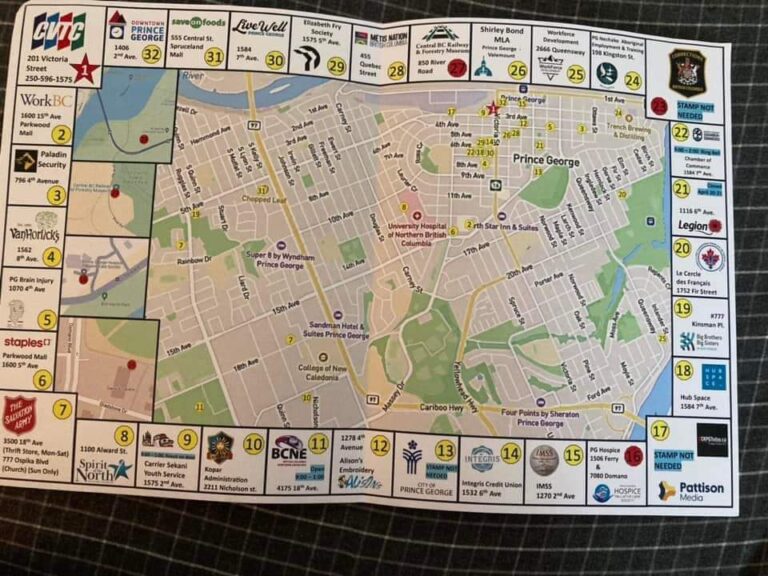We are already almost to the end of the first month of 2018 and for many people, the resolution of dealing with stress and cutting down on it may have come crashing down around their stressed ears. For most people in the workforce, stress is simply a part of the day (and a good excuse to have a glass of wine or a pint of beer in the evening), but for many others, the stress can cause them to leave their jobs. In a survey done by Monster Canada, it was found that 1 in 4 Canadians have left a job due to stress and 17% of Canadians have considered leaving due to stress. That means that stress accounts for 42% of people either leaving or considering leaving a job-nearly half of all Canadians!
So, what’s going on? Why is the workplace of today so stressful to so many adults?
There are many reasons why people feel stressed on the job, but they tend to boil down to feeling a great deal of pressure in the workforce, combined with pressure from personal commitments, family, and trying to move forward in a career. There is a great deal of pressure to ‘have it all’; be consistently advancing on the job and have great health and have the family and post social media worthy photos of trips and hobbies, and… Well, it piles up! All of these things combine to create someone who is more stressed out and thus less productive and more likely to job hop.
There are some other consistencies in what causes people to feel more stressed on the job. They include:
- Earning less money. The amount of money one earns has an impact on stress levels. Those earning less than $40,000/year are most likely (38%) to say they left a job due to stress. Those in the $40k-$59k have also said they’ve left a job due to stress (27%). There are two reasons for this: making less money of course leads to stress in doing things like paying bills, buying food, and savings. The other reason is that people who are just starting out feel obligated to say yes to any and all opportunities and projects to prove themselves, but burn out soon follows.
- Not feeling able to take advantage of the opportunity to balance work and life. Nearly two-thirds of Canadians agreed that their employer supported work-life balance, but many employees don’t take advantage of that and burn themselves out. They may feel like they will be passed over for promotions if they take utilize what their employer offers, they may feel that the team will be let down, or they will lose out on financial opportunities, so many people don’t utilize their vacation time, flex time, or even ask for time off when needed.
- Nearly one third of Canadians indicated that it was their workload which stressed them out.
Any of this sound familiar? If you’re part of the 42% who has left a job or considered leaving a job due to stress, what can you do about it?
- Take advantage of any work-life opportunities your employer offers. The perception that employees always have to be ‘on’ in order to get ahead is damaging and in many cases, is untrue. If you’re feeling burned out, stressed, resentful, and/or exhausted, you are not being productive and the lack of productivity is what’s going to make it hard to get ahead, not taking your vacation time or asking for the occasional half-day off or even full day off. More employers are offering things like mental health days to use, but if you don’t ask, you can’t receive them. As long as you talk things through with your manager or boss, don’t feel like you are being a ‘pest’.
- If you feel overworked, let your supervisor or manager know! Create a good plan for how much work you can handle and talk it out. If you say you can handle more work, you’ll get it; conversely, if you say you need an easing up for a while and you have a good sense of priorities, then you can ask for an easement.
- Take control of your stress busting. You cannot just rely on your supervisor and workplace to manage your stress; you have to find ways to manage it too. This can mean talking to family about helping you around the house, exercising more, finding a hobby you enjoy, sleeping more, disconnecting from the internet for some time every day, or whatever else you enjoy doing that helps you unwind. Make that time as much a priority as work because it’s important to be calmer if you want to be productive.
Being stressed on the job is normal and happens to everyone. But if it’s becoming a pattern of always being stressed, then it’s time to take some control back before you end up job hopping. Talk to your managers, find ways to bust your stress, and make sure you understand and utilize any work-life help your workplace offers. In this way, you can be a more productive employee with a longer track record of working for the same place, and greater opportunities for promotions and making more money!
Charlene is a full time instructor and published author. She enjoys writing about education, digital career paths, job hunts, and for her books, fantasy/mysteries. You can learn more about her novels at Kellan Publishing.

